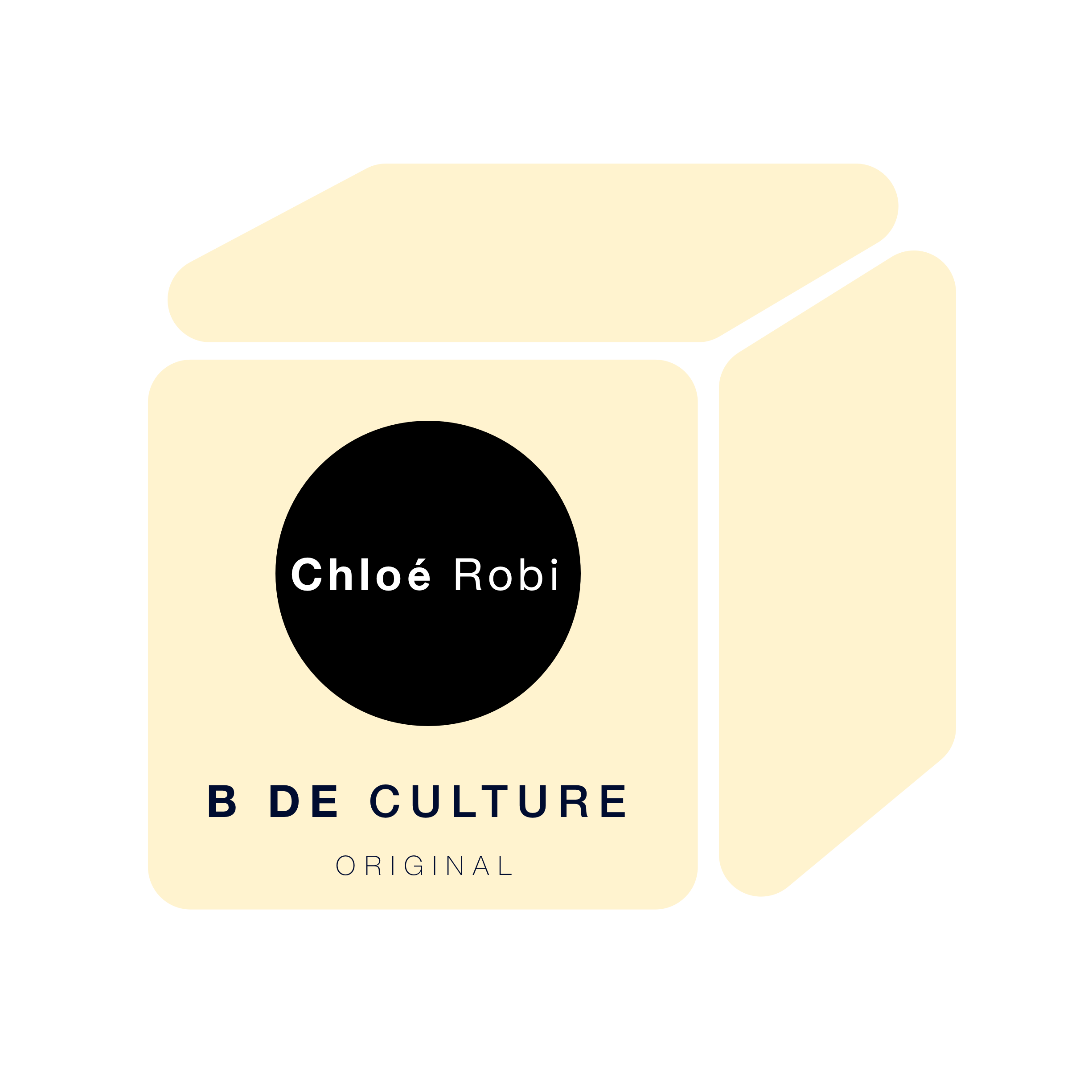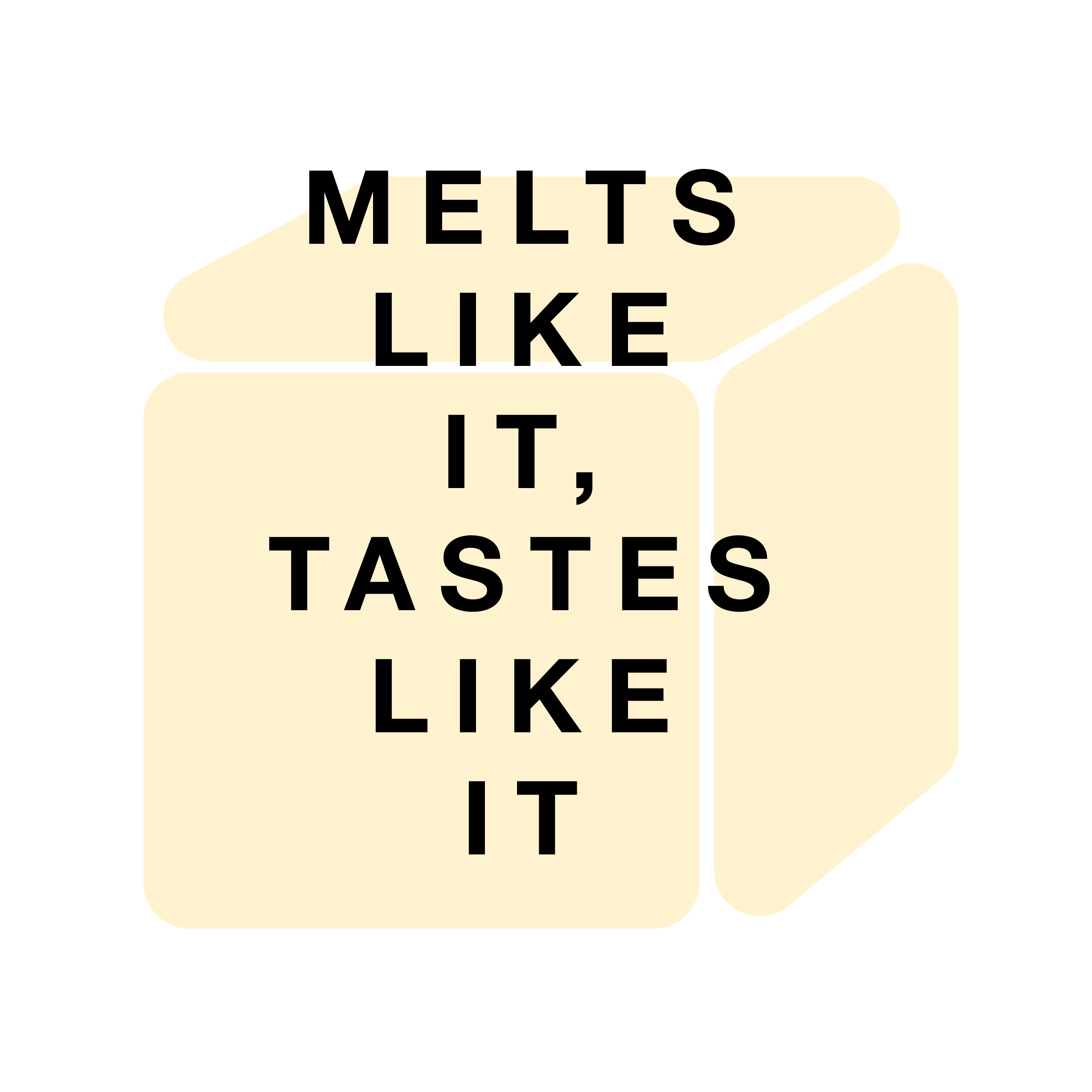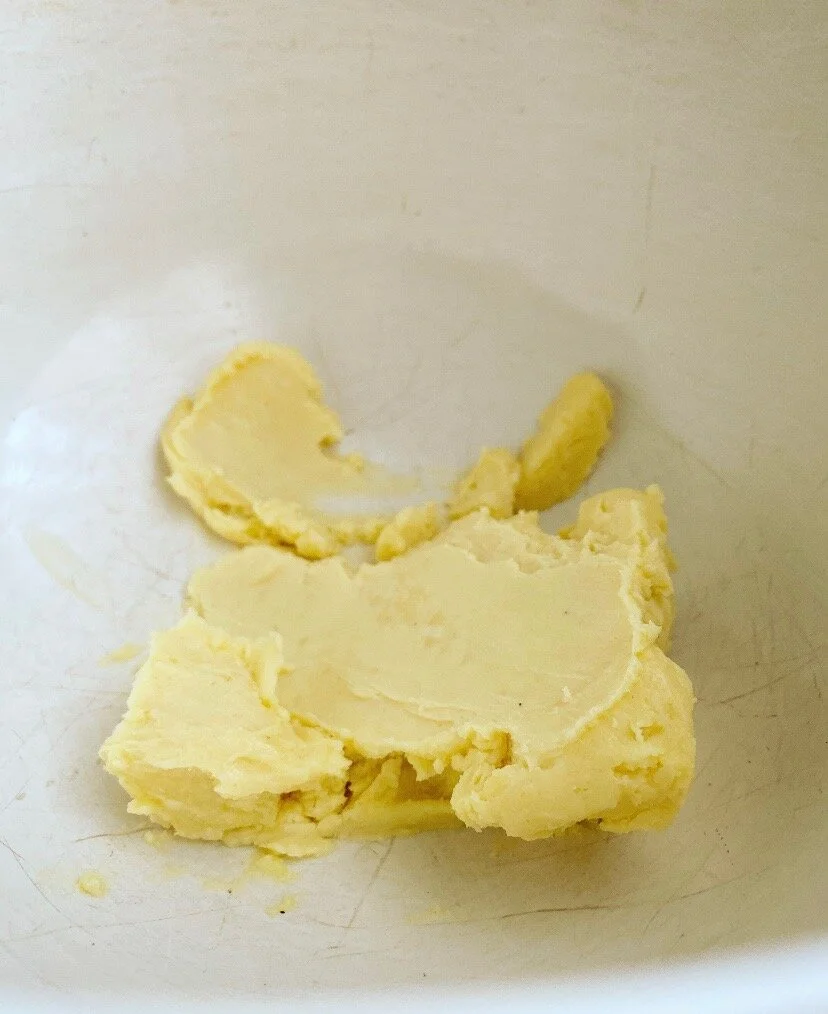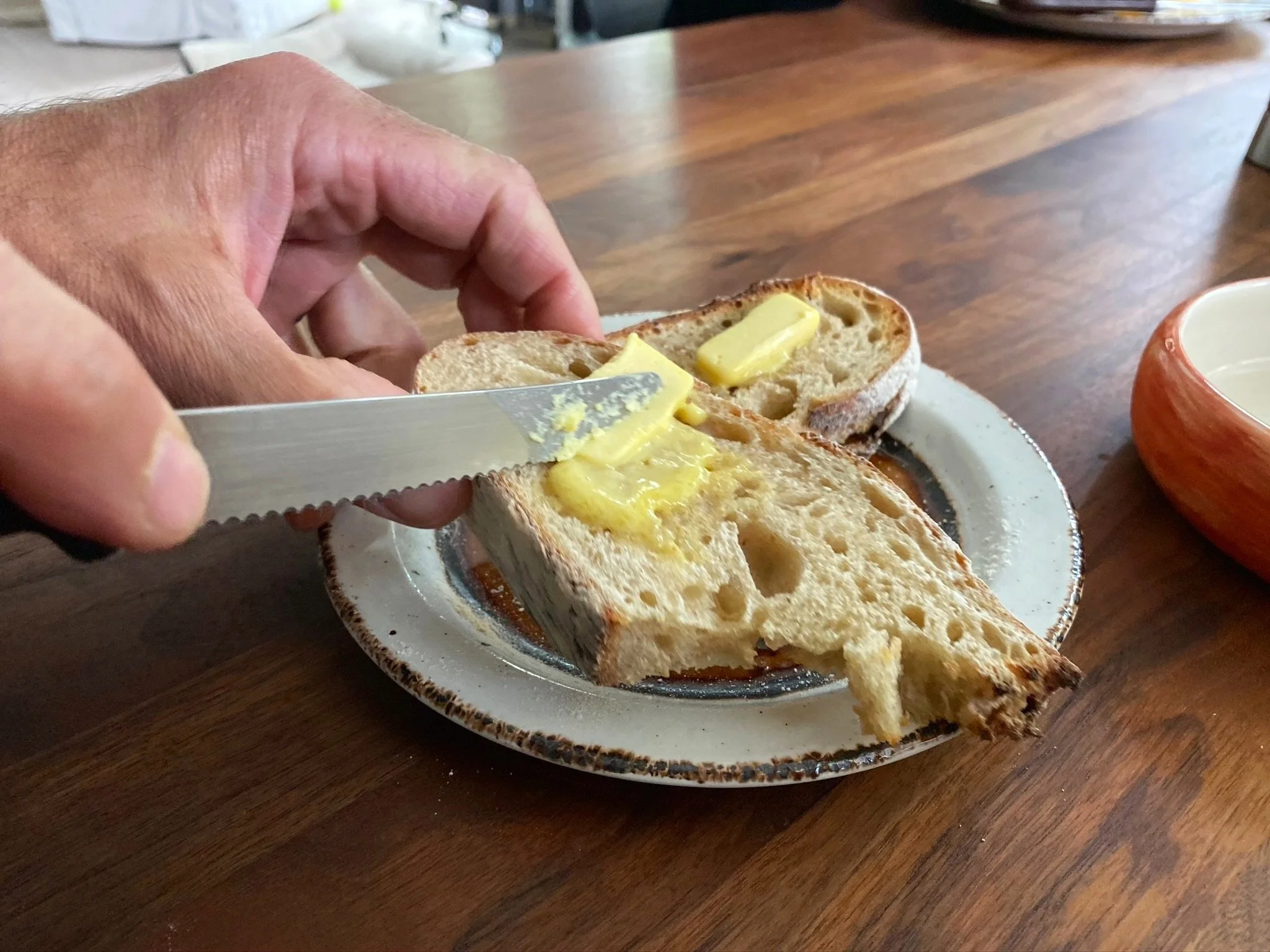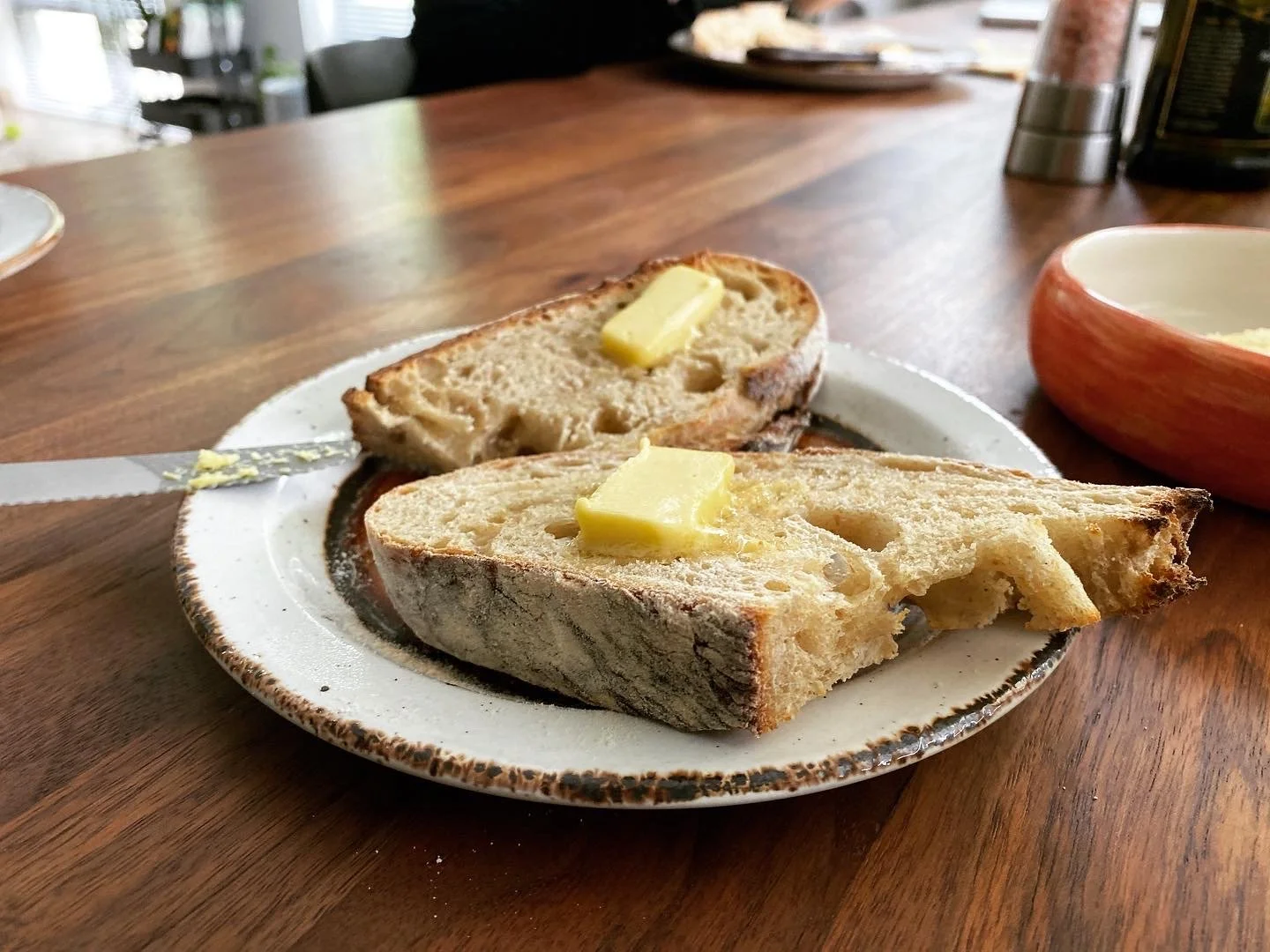B de Culture
Melts like it, tastes like it.
Plant-based butter made with fresh-pressed non-dairy milk. Proprietary Chloé Robi LAB technology for deep, savoury sophisticated flavour notes. A new standard in dairy alternative products.
Our proprietary techniques and recipes deliver flavourful performance, authentic flavour notes using radically minimal clean ingredients.
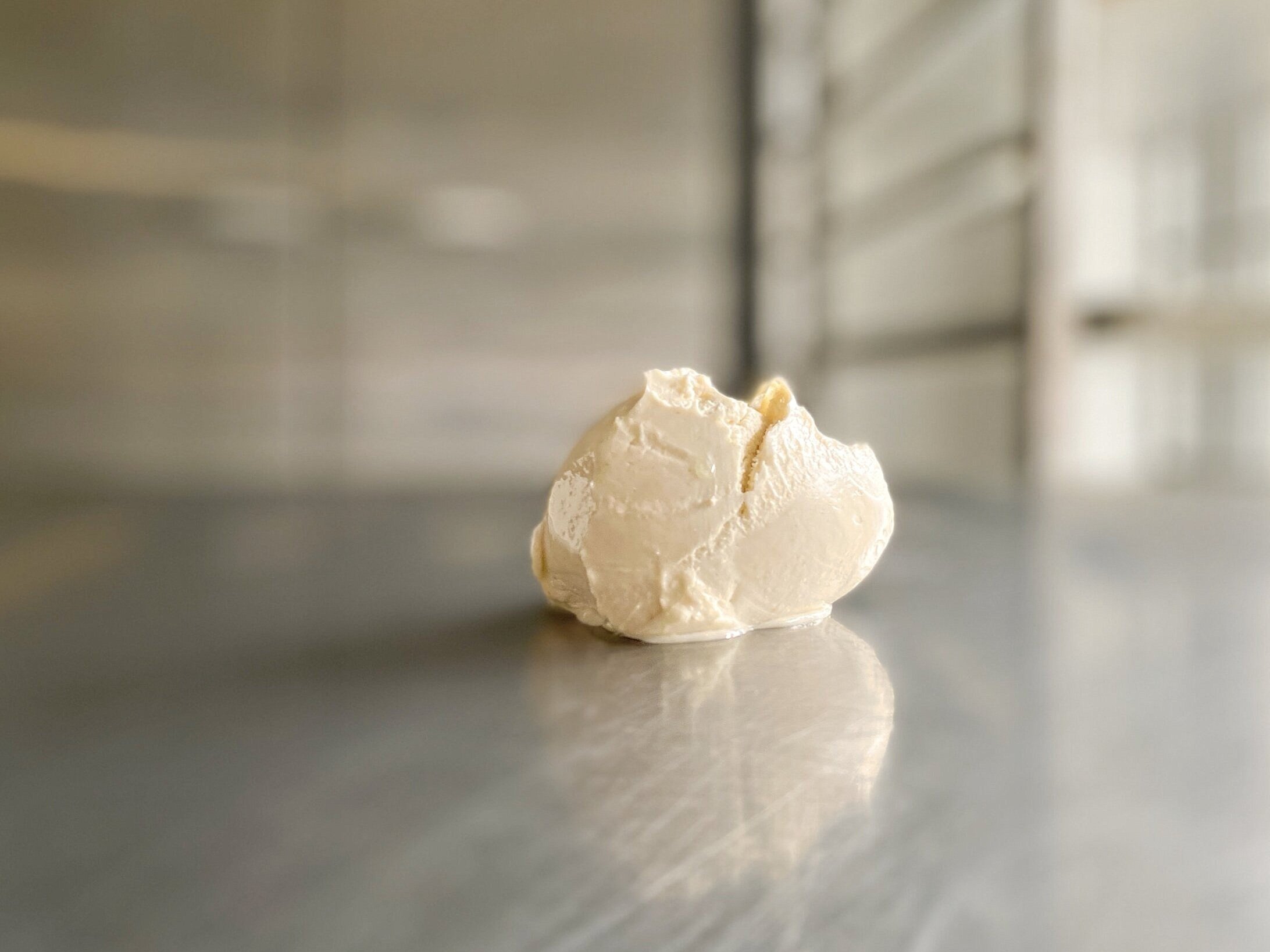
A new standard in dairy alternative products.
Radically minimal ingredients. 1:1 Culinary Performance
Plant-based & Gluten-free
Our plant-based butter, crafted from fresh-pressed non-dairy milk using Chloé Robi’s proprietary process, achieves deep, savory, and sophisticated flavor notes that set a new standard in dairy alternatives. This butter performs just like traditional butter, melting along the same curve, making it perfect for beurre noisette, baking, sautéing, and tempering. By combining minimal, clean ingredients with innovative techniques, we deliver an authentic, flavorful experience without compromise.
Culinary-driven design.
Radically clean ingredients.
B de Culture. 100% Powered by Plants.
By Chloé Robi SUSTAINABLE GASTRONOMY.
Unleash Culinary Creativity
Our B de Culture is designed as a perfect 1:1 replacement in your favorite recipes, offering versatility and ease.
Use it just like you would traditional ingredients—spread it on toast for a wholesome breakfast, sauté it to enhance savory dishes, or incorporate it into baking for nutritious, flavorful results. Its clean, minimal ingredients ensure that your dishes remain deliciously natural while supporting your health. Whether you’re crafting a new recipe or elevating a classic, B de Culture seamlessly fits into your culinary creations, embodying the essence of sustainable gastronomy.
SOME CULINARY APPLICATIONS:
1:1 in your baking recipes
Same melting curve as butter
Beurre noisette, icing recipes
And much more
WE LOVE IT ON TOAST! The simple joy of butter melting on warm bread is a timeless comfort that elevates every bite.
Small on Footprint,
Big on Flavour
Our butter is crafted to have a small environmental footprint while delivering big, rich flavor. Through careful and sustainable sourcing and efficient manufacturing methods, we minimize its impact on the planet. These efforts result in measurable sustainability impacts, ensuring that every bite contributes positively to both taste and environmental responsibility.
Plant-based milk alternatives have a significantly smaller impact on the environment than dairy products, using less water, less land, and producing fewer carbon dioxide emissions for the same product yield. To put this into perspective, traditional dairy farming is one of the leading contributors to environmental degradation. It requires vast amounts of water—not only for the animals themselves but also for growing their feed crops. For example, producing one liter of cow's milk can require between 600 to 1,000 liters of water, whereas plant-based milks such as almond, oat, or soy typically need far less water, often between 50 to 200 liters per liter of milk produced.
In terms of land use, dairy farming occupies extensive pasture and feed crop acreage, contributing to deforestation, biodiversity loss, and soil degradation. Plant-based milk production generally needs less land per liter due to the efficient yields of crops used for these milks, such as oats and soybeans. This reduction in land demand helps limit pressures on ecosystems and natural habitats.
Regarding greenhouse gas emissions, dairy cows produce methane—a potent greenhouse gas—through enteric fermentation. This alone makes dairy farming a significant source of methane emissions. In contrast, plant-based milks avoid these emissions entirely. Life cycle analyses show that the carbon footprint of plant-based milks can be up to 80% lower than that of cow’s milk.
Considering butter, which is composed primarily of milk fat, the environmental impact intensifies. Whole milk contains about 3% fat by weight, meaning that producing one pound (approximately 454 grams) of butter requires roughly 12 liters of whole milk. This multiplication amplifies the resource use and emissions associated with dairy farming to create a concentrated fat product. Therefore, even when consuming dairy products in forms perceived as smaller quantities—like butter—the underlying environmental cost remains substantial.
Choosing plant-based milk alternatives contributes to mitigating water scarcity, reducing land degradation, and lowering greenhouse gas emissions, aligning with sustainable gastronomy principles and a more responsible consumption paradigm.
Environmental impact of different milks.
“ It takes 21 pounds of whole (cow) milk to make 1 pound of (conventional) butter. “

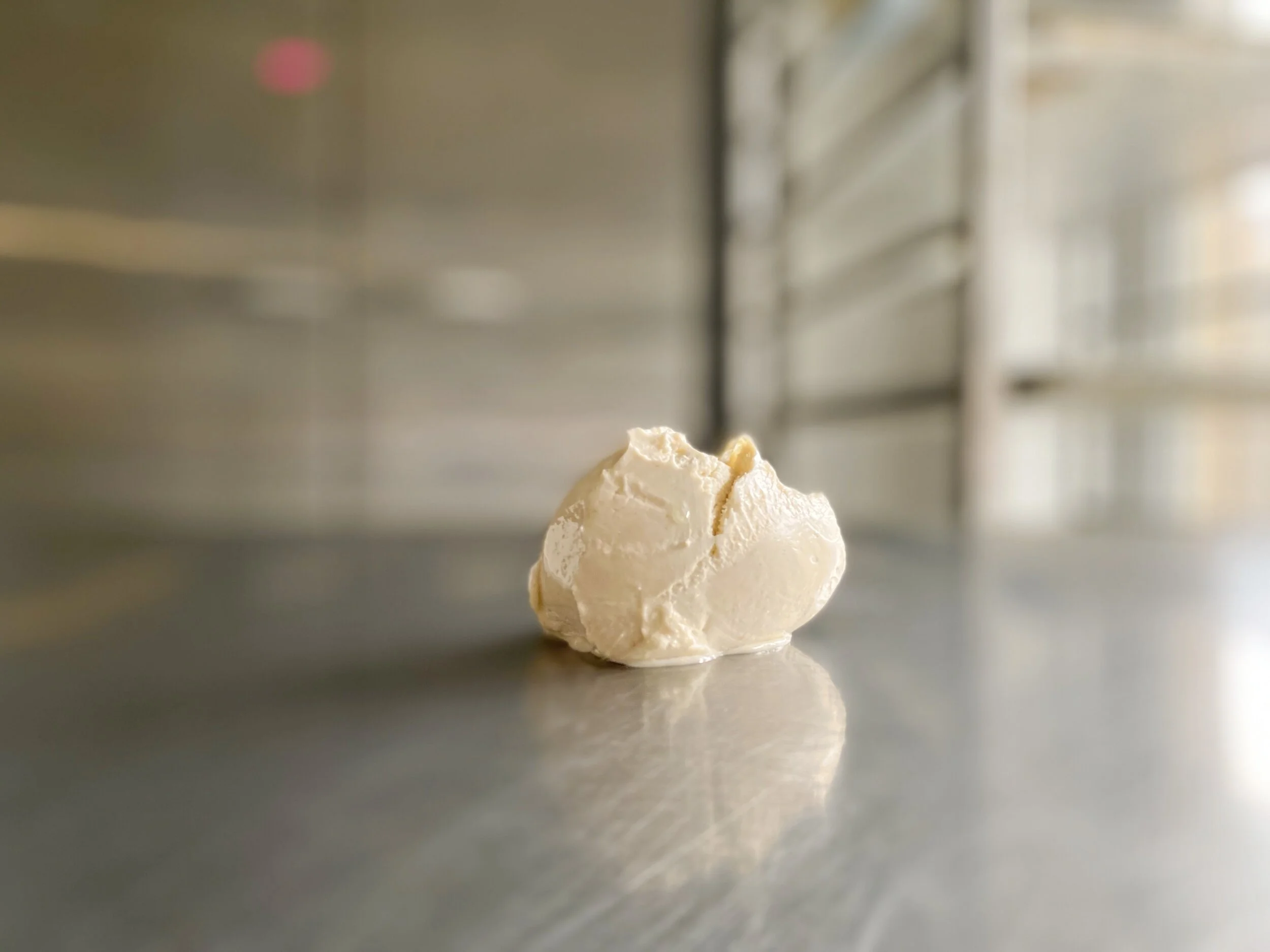
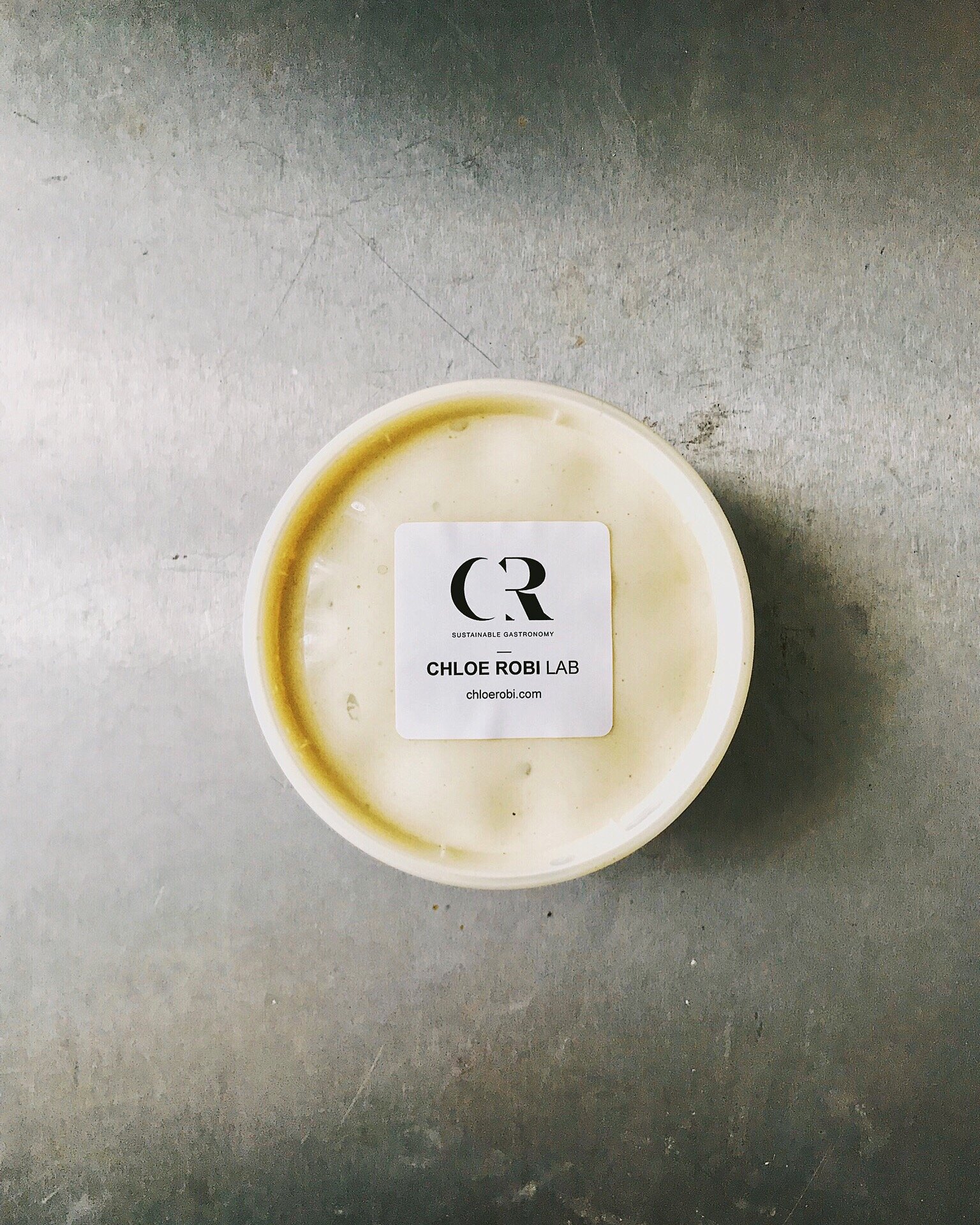

Interested in partnering with us?
Send us an email at info@chloerobi.com.
Chloé Robi’s proprietary cultured plant-based butter. Made with cereal, coconut or nut milk. All plants can be adapted to our vegan butter-making process.
For business: Info@chloerobi.com


